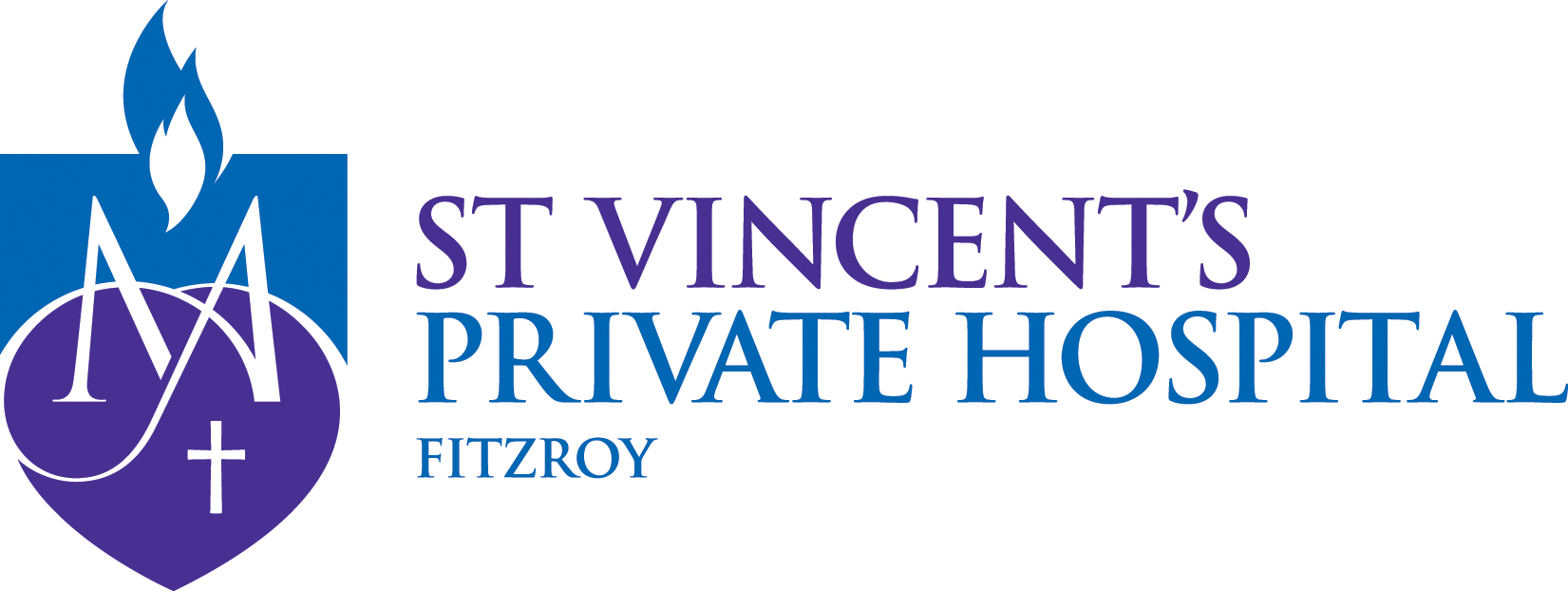Our Team
Select your doctor and book an appointment.
 A/Prof Michael Hii
A/Prof Michael Hii
A/Prof. Michael Hii is an Oesophago-Gastric and Bariatric (weight loss) surgeon. He works as a consultant at St Vincent’s Hospital Melbourne, ... Read More
A/Prof. Michael Hii is an Oesophago-Gastric and Bariatric (weight loss) surgeon. He works as a consultant at St Vincent’s Hospital Melbourne, St Vincent’s Private Hospital and Epworth Healthcare. He is the deputy director of the Hepatobiliary and Upper GI unit at St Vincent’s Hospital and the Pre-SET co-supervisor.
Michael completed medical school at the University of Melbourne and then surgical training at St Vincent’s Hospital and Eastern Health. He was awarded his surgical fellowship in 2009 and underwent subspecialty training in Melbourne and Brisbane.
Michael enjoys a busy clinical workload - in addition to clinical work, he maintains an interest in research and education. He is a clinical Assoc. Professor at the University of Melbourne, and he is the chair the St Vincent’s Upper GI and Hepatobiliary research group. He has published widely in Upper GI and bariatric literature. He is involved in surgical education from medical student level up to and including post fellowship training.
Mr. Hii's clinical areas of interest include the treatment of oesophageal and gastric cancer, hiatus hernia repair, anti-reflux surgery, surgery for achalasia and obesity surgery (including gastric bypass, sleeve gastrectomy and revision procedures). Research areas of interest include enhanced recovery after surgery (ERAS) programs, the role of exercise in cancer treatment and understanding the mechanisms behind weight loss surgery.
Michael is also the inaugural chair of the HOPE fund, a philanthropic foundation supporting research and the provision of care for patients undergoing major upper gastro intestinal surgery.
Outside of work Michael is passionate about his family time, he loves spending time with his daughters, collecting old guitars and fetching balls out of the rough during a the game of golf.
Read Less Mr Matthew David Read
Mr Matthew David Read
Mr Matthew Read is a general and upper gastrointestinal surgeon with a special interest in minimally-invasive surgery.
After completing h ... Read More
Mr Matthew Read is a general and upper gastrointestinal surgeon with a special interest in minimally-invasive surgery.
After completing his general surgical fellowship in 2016, Dr Read was accepted by the Australian and New Zealand Gastro Oesophageal Surgery Association for subspecialty training in the field of upper gastrointestinal surgery. This was undertaken at both St Vincent's and the Alfred Hospitals in Melbourne. Following this, Matthew undertook a surgical oncology fellowship with a special focus on robot-assisted surgery at the University Medical Center in Utrecht, the Netherlands.
Matthew has also recently completed a PhD through the University of Melbourne and the Peter MacCallum Cancer Centre, which focused on the development of preclinical models to better understand oesophageal cancer and its precursor, Barrett’s oesophagus. This work has led to numerous publications, awards and international collaborations. Most recently, Matthew was awarded the senior lecturer fellowship from the Royal Australasian College of Surgeons.
Read Less Dr Salena Ward
Dr Salena Ward
Dr Ward has a special interest in the investigation and treatment of patients with cancer of the stomach and oesophagus. She performs gastroscopy, resection of oesophagus, resection of stomach, hernia repair, spleen removal, gall bladder removal, weight loss surgery and anti-reflux surgery.
Salena graduated from the University of Melbourne and attained a post-graduate diploma in surgical anatomy from the same university. Her upper gastrointestinal surgical training was conducted at Box Hill Hospital and she received international training in the UK for oesophago-gastric surgery. In 2013 she received the higher degree of Master of Surgery from Monash University regarding the role of enzyme supplementation following oesophagectomy and gastrectomy.
Salena is involved in teaching as well as being is actively involved in surgical research. Read Less
 Dr Nicole Winter
Dr Nicole Winter
Read Less
Get a quote or find out more
Please call or fill in the form below and we’ll get back to you within one business day.
03 9906 5451
